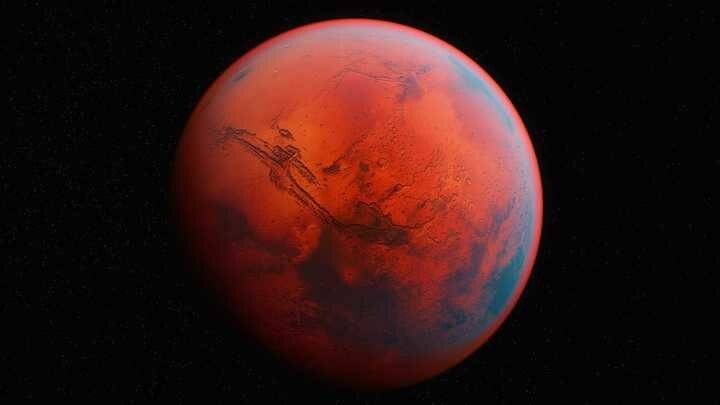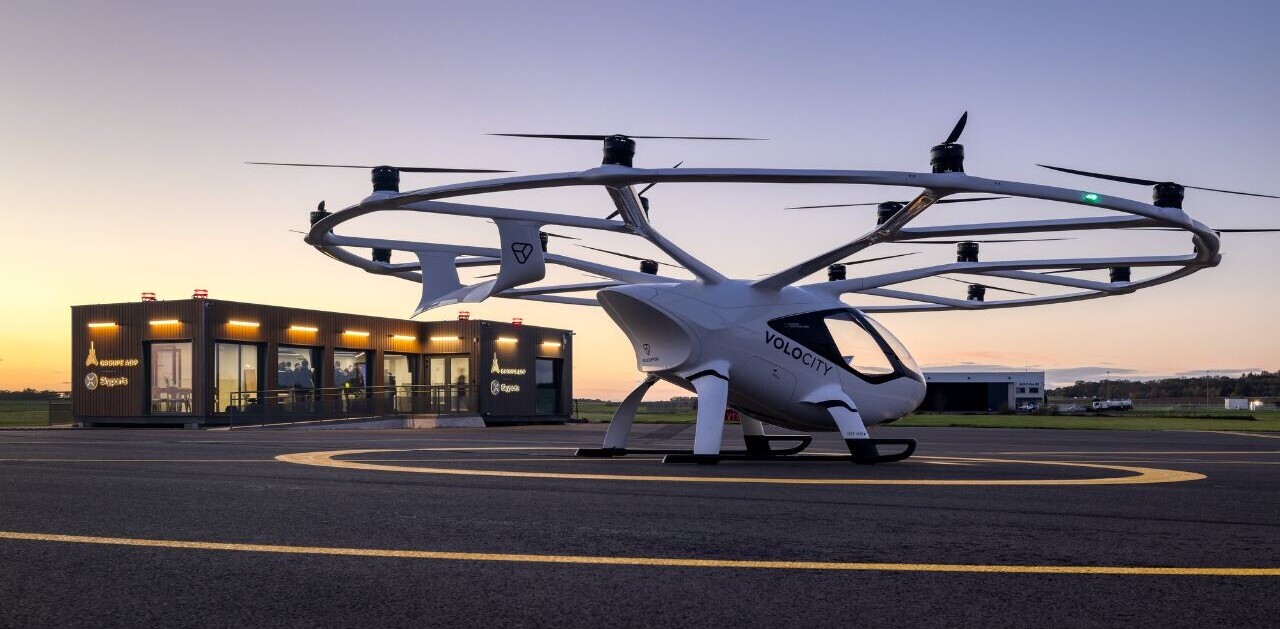
From Lost in Space to Star Trek to Star Wars, the entertainment industry has tantalized us with the concept of interplanetary travel. The best part is that the technology to make the journey is no longer light-years away.
Virgin Galactic, Commercial Spaceflight Federation, and Citizens in Space are just some of the organizations dedicated to making your dream vacation to the Red Planet a reality. However, that requires a lot more planning than simply throwing some SPF 10,000 in your carry on.
Spending time in space, let alone surviving it, presents its own unique set of health challenges. Cosmic radiation, infection, or even adverse effects from the lack of gravity, are among the various factors to consider when planning your interplanetary getaway.
True, in zero gravity your butt won’t sag.

Astronauts combat this through routine exercise to prevent the atrophy progression.
The cardiovascular system is also affected by the absence of gravity. Since blood pumps more easily without fighting gravity, the face begins to swell from the excessive force that the heart is accustomed to using, which causes congestion-like symptoms.
Over time, the heart will adjust to the surroundings by weakening and decreasing in size (sort of a reverse Grinch effect). There is also evidence in astronauts of increased levels of the amino acid homocysteine, a known marker for cardiovascular disease.
If you are looking to get some extra shut eye on your vacation to the Dark Side of the Moon, you may want to reconsider. Sleep deprivation is well documented in astronauts. At the International Space Station (ISS) on average, astronauts only receive six of their scheduled 8.5 hours of sleep.
While it is true that six hours is more sleep than the average parent of a newborn gets, sleep deprivation of any amount can be a serious concern for astronauts, as it could lead to psychological distress, decreased immunological function, or other performance disparities. Although the true source of poor sleep in space has not yet been identified, the theory is that 90-minute sunrise sunset intervals, loud noises and floating around in zero gravity aren’t exactly helpful.
Today’s scientists are looking at ways to create artificial gravity, which would solve a lot of the aforementioned problems. At the moment, the use of centrifugal forces seems the most likely way to do that. To create the artificial gravity field, the ship would spin at a high velocity, much like an amusement park ride. The centrifugal force would induce a gravitational field on the ship.

While lack of gravity has its own issues, the real space vacation wrecker is radiation. Radiation comes from not one but two sources: the sun and from sources in the Milky Way and beyond. Blasts of cosmic radiation can shred your DNA to ribbons. It can cause radiation poisoning, death at high levels of exposure and fatal cancers later in life. It can weaken the immune system, making even a common cold potentially fatal.
Thanks to missions by the Mars Curiosity Rover we have a good idea how much radiation you would get going to Mars. Even the shortest ‘there and back’ trip would be an exposure of .66 sievert. That’s basically like getting a full body CT scan every five to six days.
Normal radiation exposure here on Earth is 0.00001 sievert, thanks to our magnetic field and atmosphere (see video below for more detail).
To date the ISS handles any upticks in the presence of space radiation by having the astronauts enter a heavily shielded room. It’s not the most practical solution because having the room vastly increases the mass of the ship. The idea of creating a magnetic field similar to Earth’s is problematic because the same magnetic protection would likely interfere with navigation and communication equipment.
Another possible way to combat the effects of radiation exposure is through diet. Incorporating more antioxidants such as strawberries and blueberries into the diet could help battle free radicals created by ionizing radiation bursts.
And if you thought phone calls from a cruise ship were bad, it’s nothing compared to communicating from space.
The further you get from Earth the longer the signal takes. Expect gaps of minutes if you are trying to contact Mars (1.3 seconds to call the Moon which is 240,000 miles away. Mars is 33.9 million miles). Makes that echo on your international call seem almost quaint. This issue can be especially important when trying to remotely execute time critical medical procedures, such as robotic surgery, where the time lag could prove fatal.
And although it doesn’t make for good sci-fi films, the likelihood of getting a mystery space disease is pretty slim (infectious viruses and bacteria evolved in the presence of organisms to infect those specific organisms), adequate medical supplies will be needed in order to fight pathogens that were carried from Earth.
So, as they work out the kinks of interplanetary space travel, and as you save up for or drain your kids’ college fund for your space ticket, rest easy knowing that when you do finally arrive at the Red Planet you’ll be able to hit the ground healthy and ready to have some fun.
Get the TNW newsletter
Get the most important tech news in your inbox each week.





